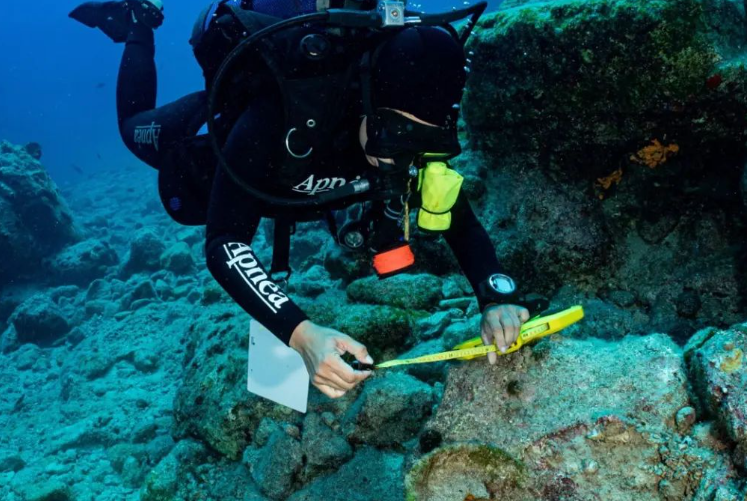An international team of researchers has discovered an archaeological goldmine off the Greek coast, guided by clues from one of the world’s oldest surviving texts, Homer’s “The Iliad.”
Others are reading now
According to the ancient poet, the inhabitants of the Greek island of Kasos contributed ships to the Trojan War, believed by historians to have erupted in 1258 BCE. Homer mentions this in the second song, verse 676, of his epic work “The Iliad,” composed in the 8th century BCE, making it one of the oldest texts to mention the island.
This reference, along with other historical clues, led the team—which includes archaeologists, geologists, biologists, and architects—to a trove of sunken treasures near Kasos in the Aegean Sea.
The group has uncovered ten shipwrecks, dating from 3000 BCE to World War II.
This find spans various historical periods, from the ancient world around 3000 BCE, classical Greece circa 450 BCE, the Roman era around 200 BCE to 300 CE, through the Middle Ages and the Ottoman period.
Also read

Historical Sources Provide Clues
The research team utilized a variety of historical sources to pinpoint areas likely to contain shipwrecks. “The Iliad,” in particular, identified Kasos as a trading hub. Since 2019, when the first wrecks were located, the team has explored the area, finding artifacts at depths between 20 and 47 meters.
They have taken over 20,000 underwater photographs and mapped the area with sonar, followed by image processing and analysis. Samples from the sites have been collected, and numerous artifacts have been recovered for further study. The extensive data collection was completed in October 2023, and now the researchers are analyzing their findings.
Preliminary results suggest the ships carried goods from Europe, Asia Minor, and Africa, including a Spanish amphora with a seal on the handle dating to around 150 to 170 CE, a 3000-year-old jar, a Roman-era African ceramic flask, and a 25 to 30-meter long wooden boat with metal parts from around World War II.
For the first time, the Kasos-Karpathos reef was also mapped using side-scan sonar technology.
These comprehensive data are expected to tell a more complete story of the area in the Aegean Sea, culminating in a research publication by the end of 2024.








